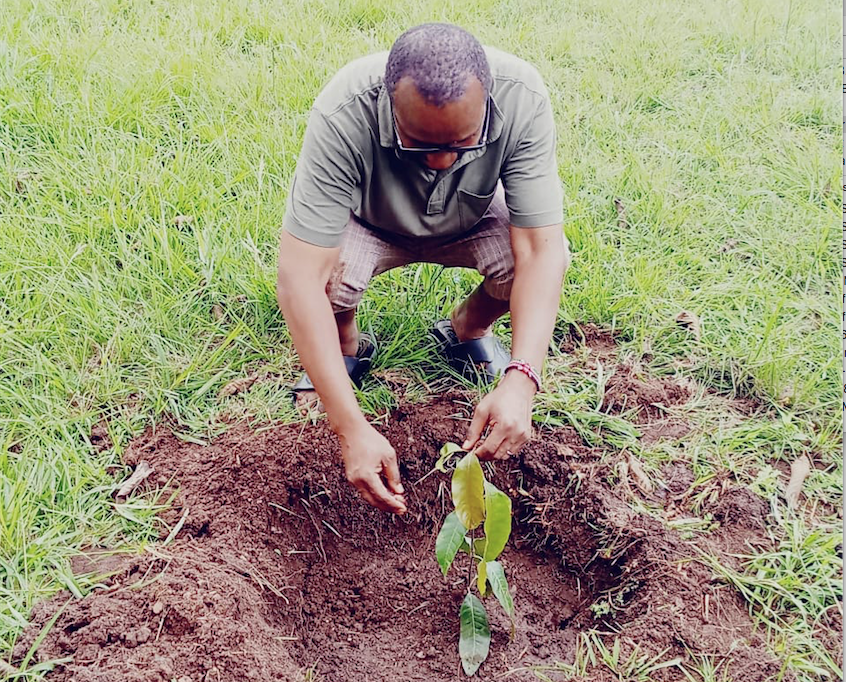Delving into the historical relationship between humans and trees, often romanticised by poets and authors, underscores the intricate dance between human expression and the silent vitality of the natural world. The materiality of books, repositories of human wisdom, is inextricably intertwined with the essence of trees. To honour the tree that provides the paper for literature, the suggestion arises to plant another tree—a practical acknowledgment of reciprocity that transcends sentimentality.
Contemplating a world where each book read is accompanied by the planting of a tree prompts reflection on the cyclic nature of existence. It encourages consideration of the passage of time, the wisdom encapsulated in literature, and the enduring growth symbolised by a tree.
In the poetic words of Khalil Gibran, “Trees are poems that the earth writes upon the sky.” This encapsulates a profound metaphorical reflection on the intrinsic connection between trees and the natural world. Gibran, a Lebanese-American poet and philosopher I admire, suggested that trees serve as living expressions of the earth’s creative force, akin to verses written across the vast page of the eternal sky.
By referring to trees as “poems,” he metaphorically attributed a poetic quality to these majestic living entities, implying that they embody the eloquence and beauty of nature. Long after he died, his words of wisdom imply that each tree, with its unique form and presence, contributes to a collective narrative written by nature itself, manifesting in the artistic patterns and textures against the backdrop of our everyday life.
Delving into the attributes of trees — their steadfastness, the annual rings narrating stories of joy and peril, and the branches reaching toward the unseen—reveals a silent philosophy of existence. Trees are our nature guardians, embodying ancestral wisdom that transcends the need for verbal expression.
The scars borne by trees, inflicted by axes and hearths, serve as tangible evidence of humanity’s impact on the natural order. This reflection invites contemplation on the profound consequences of our actions, urging us to acknowledge the silent warnings of Kenyan forests — our repository of ancient tales and mirrors reflecting the collective soul of us together.
Considering trees as guardians of the earth extends the philosophical inquiry into our own role as stewards of the planet. The call to reflect on our actions, plant love in every patch of land and cherish the gifts of nature beckons us to embody a harmonious coexistence.
Wangari Maathai, our national shujaa of environmental conservation and Nobel Peace Prize laureate, is known for her impactful statements about trees and the environment. One of her famous quotes related to trees is from her Nobel Lecture on December 10, 2004. During the lecture, she said, “It is the little things citizens do. That is what will make the difference. My little thing is planting trees.”
These profound words encapsulate her philosophy that individual actions, even seemingly small ones, collectively contribute to significant positive change. Her emphasis on planting trees as her “little thing” reflects the powerful impact such actions can have on the environment and the world at large.
Prof Maathai’s commitment to environmental conservation, sustainable development and empowering communities through tree planting left a lasting legacy for us Kenyans. She reminds us all, even from the other world, where she is today. That the call for tree planting stands as a philosophical imperative, a reminder that our actions are interwoven with the fate of this land we call mother.
